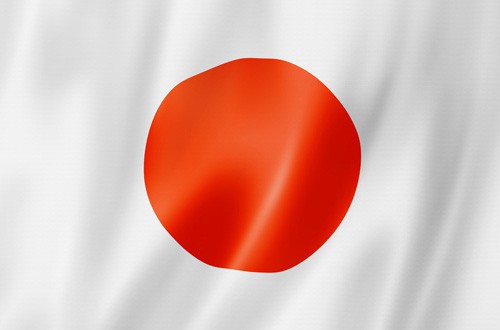
Japan’s drug regulator has approved a flurry of new medicines, including GlaxoSmithKline’s asthma therapy Nucala and cancer drugs from AstraZeneca and Bayer.
The Ministry of Health, Labour and Welfare (MHLW) gave the go-ahead to interleukin-5 inhibitor Nucala (mepolizumab) as a treatment for bronchial asthma in patients with refractory asthma – aged over 12 – whose symptoms are inadequately controlled with standard treatment.
The approval in the world’s second-largest pharmaceutical market comes just a few months after Nucala was registered in the US, becoming the first IL-5 inhibitor to reach the market anywhere in the world, ahead of Teva’s just-approved rival Cinqair (reslizumab).
GSK’s drug is given as a 100mg subcutaneous injection once every four weeks as an add-on therapy for severe asthma that remains uncontrolled despite high-dose inhaled corticosteroids and additional medicines, which may include maintenance oral steroids.
The drug is a key part of a new wave of therapies intended to contribute an extra £6bn to the company’s top line by 2020, and is considered a key product for GSK as it tries to restore the fortunes of its ailing respiratory division with peak sales potential of $500m to $1bn a year.
AZ has also got a green light in Japan for its third-generation EGFR inhibitor Tagrisso (osimertinib) for the treatment of patients with EGFR T790M mutation-positive inoperable or recurrent non-small-cell lung cancer (NSCLC).
The drug has been cleared for use in patients who have developed resistance to other EGFR inhibitors such as Roche/Astellas’ Tarceva (erlotinib), AZ’s Iressa (gefitinib) and Boehringer Ingelheim’s Giotrif (afatinib). It is the first drug to be approved in Japan specifically for patients T790M resistance mutations and has already been given the nod in the US and Europe.
According to AZ, 30-40% of Asian patients with NSCLC have the EGFR mutation at diagnosis and almost two thirds of those whose disease progresses after treatment with an EGFR inhibitor develop the T790M mutation.
The new drug has been welcomed by oncologists and lung cancer patients, although its high price – $150,000 per year in the US – has raised fears that access to the drug in some markets will be challenging.
Finally, Bayer has won Japanese approval for Xofigo (radium-223 dichloride, radium-223), its radiopharmaceutical drug for the treatment of patients with castration-resistant prostate cancer and bone metastases.
The product is already approved in more than 40 countries worldwide, including in the US and EU, and achieved sales of €257m last year, mainly coming from the US market. The drug’s ramp-up has been a little lower than expected – which Bayer attributes to a need for more education of doctors about its benefits – and Japanese registration could lend some additional momentum to the product.
Bayer has said it expects 50%-plus sales growth for Xofigo this year.




